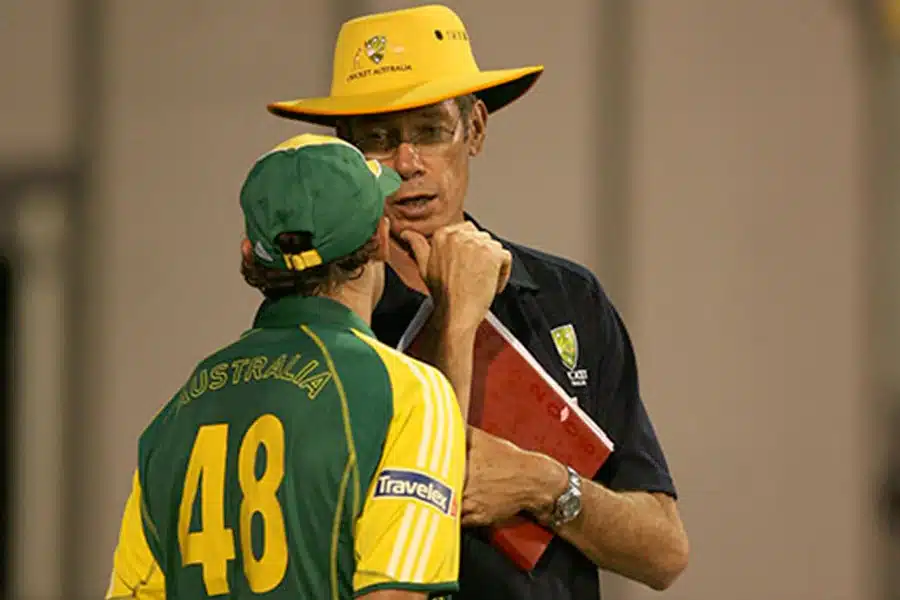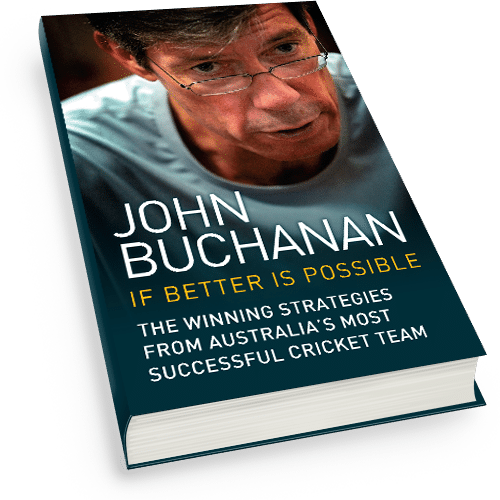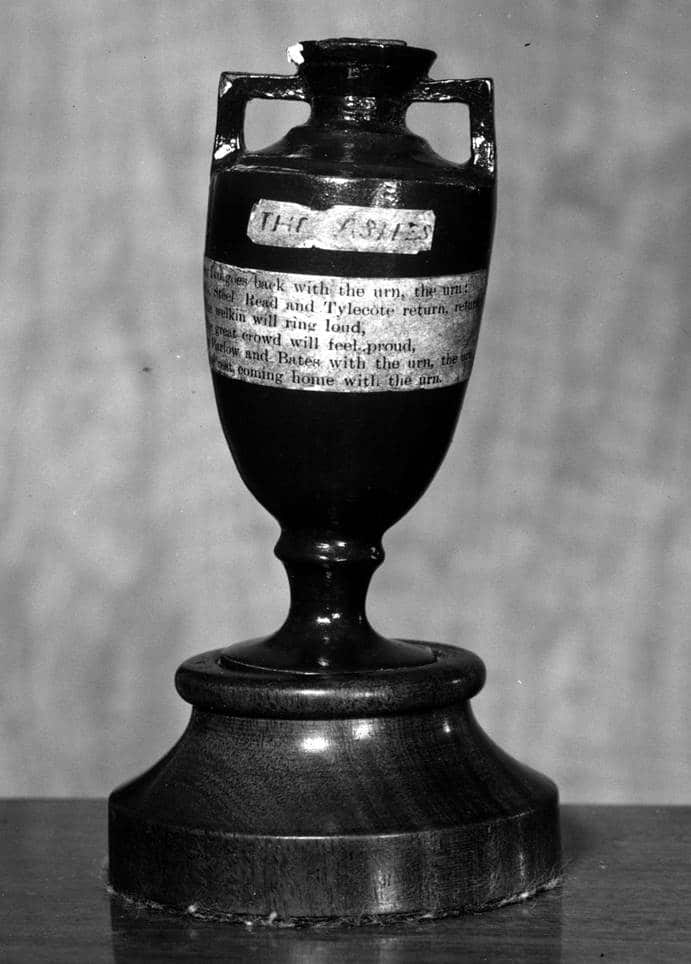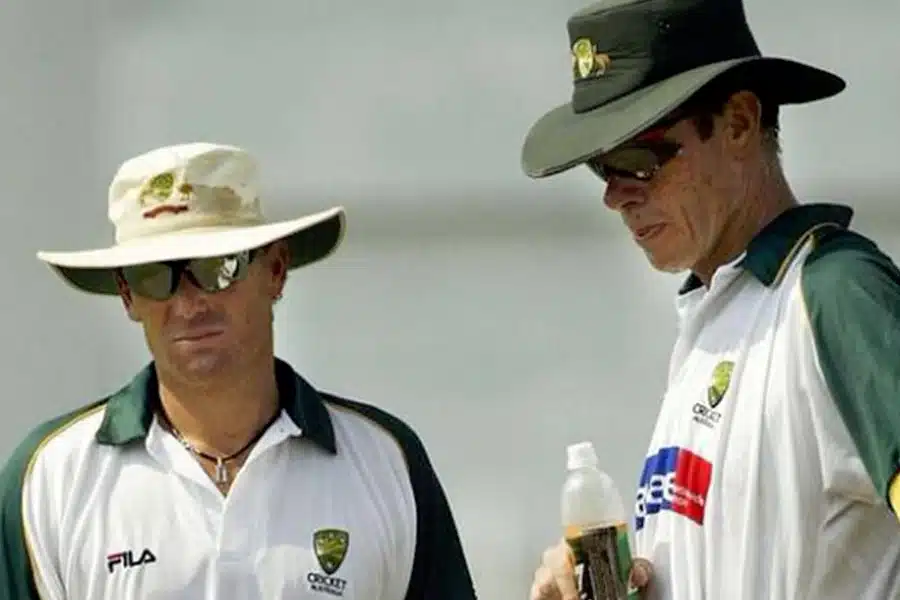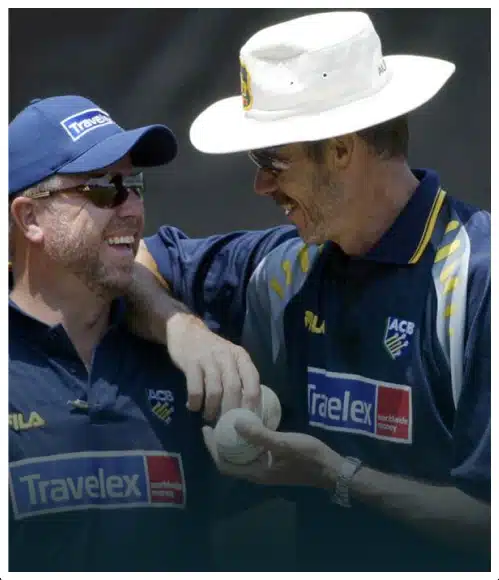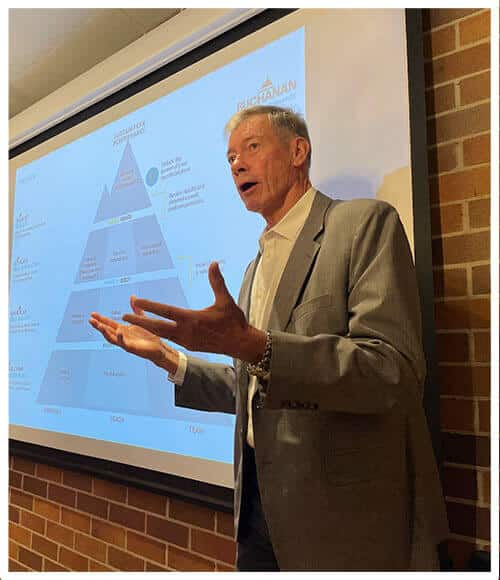With recent events in codes of AFL, ARU, NRL and so on, player welfare, and care for them off the field has been in the spotlight. While these can be isolated incidents, there is little doubt that employers need to be constantly mindful of the care for their workforce. I think in the main sport does a very good job while they are in the sport. Where sport does not do as good a job or better, is preparing them for the transition from sport into new careers. It is also not just the athletes that face this confronting reality, but so too coaches and officials.
Some articles and research support this case, and I am working with a group of business leaders to provide some education, new networks, and access to capital to help those sportspersons who have opted for a future career in business………..
There was a lot made recently of the relative’ take home pay’ by the top athletes in the country. While for the individual sportsperson, ie the golfer, the tennis player, the surfer, the skier, there is little guaranteed pay (apart from appearance fees), the ‘take home pay’ is directly related to their performance.
For the team player such as cricket, football of all codes, baseball and motor racing, the individual receives a contract each year based on certain criteria of previous year performance and what they will possibly do the following year or years.
This American research article looks at all areas of work but particularly focusses on Major League Baseball. And it compares the top level or status player verses those below that level, in terms of performance after their ‘take home pay’ has been cut.
The study reveals the higher status players’ performances decline with respect to those of lower status.
Have we seen evidence of this research in Australian sport?
Professor John Mangan at the University of Queensland Business School has unearthed some Australian and other studies such as –
- http://bjsm.bmj.com/content/40/5.toc – Leaving the professional tennis circuit; exploratory study of experiences and reactions from elite female athletes
- http://www.investmentnews.com/article/20130811/REG/308119976 – athletes finish out of the money
- http://vuir.vu.edu.au/733/1/jockey_book_2007.pdf – The Welfare of Retired Jockeys
In cricket, Ricky Ponting, Matthew Hayden’s performances declined towards the end of their careers and coincided with a ‘take home pay cut’
Have we seen similar occurrences in AFL, Rugby League, Rugby Union?
The research asked what lessons might be drawn from the paper’s findings -.
- “The first is to acknowledge that even top performers — in fact, especially top performers — are prone to make mistakes and suffer poor performance in the aftermath of status loss, which suggests that this is not the time to be taking significant actions or making important decisions. It is prudent to take some time off and restore one’s sense of self-worth before returning to work.
- “Second, you can reduce the harm from status loss by taking some time to think about a valued relationship and, in general, by recognizing the value of meaningful relationships or aspects of one’s life outside of work. These elements can compensate for threats to the self that loss of status can entail. Another way to achieve this may be by looking to change jobs, to find work at another organization where you feel respected.
- “Finally, our research investigates the immediate consequences of status loss, but over time individuals find ways to affirm themselves and come back. Steve Jobs was a prime example of that. Maybe we’ll see the same thing with A-Rod now that he has a year off courtesy of a Major League Baseball arbitration. He’s talking about coming back better than ever, and, who knows, if he’s learned a lesson, he just might.”
While the lessons suggested are useful, generally what is happening with the athlete of higher status is that their career is coming to an end. The game is passing them by, and they no longer have the same motivation to keep in front. Cricketers like Brad Hogg at 44 are the exceptions that prove the rule, although he was never a cricketer who would have seen himself as high status – rather a battler who just loved playing the game!
Some elite sportsmen & women are fortunate as they have received very good advice through their careers and are in a good position to make the transition for sport to the next chapter(s) of life.
Recently, I spoke with Geoff Heugill, former Australian Olympic swimmer and world record holder who spoke to me of the athlete being unable to find anything that can substitute for the pursuit of a goal in sport. It takes special people to be world champions, and to remain at the top.
However, in doing so, the rest of the world is almost shut out.
So when sport comes to an end, or is nearing an end, so many athletes are lost. They are now not being told what to do every moment of their waking day. It is up to them to make decisions. It is up to them to pit their skills outside of sport against a new breed of competitors. It is up to them to find that purpose which drove their passion to achieve every day in the sporting environment.
There are many people and companies and educational institutions ready to help once the former athlete or coach or official has made a decision about a new direction in life.
I am involved with a series called Sports Transition Program run by www.qldleaders.com.au which provides business knowledge, business networks and capital to provide that support and direction that sports people need as they venture into a new arena.
We have enjoyed the skills and exploits of these sports people. It seems to me that it is our turn to give them the benefits of our skills and expertise as they move into the next phase of their lives.
John Buchanan

